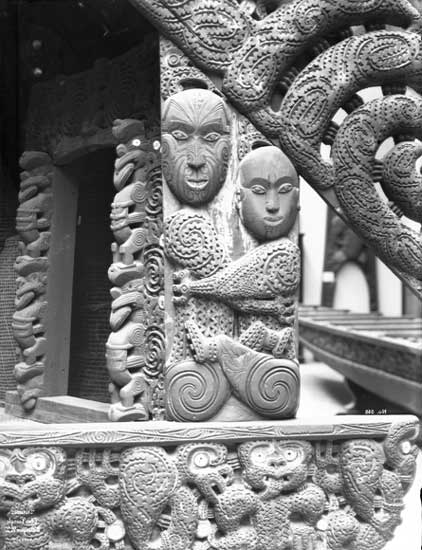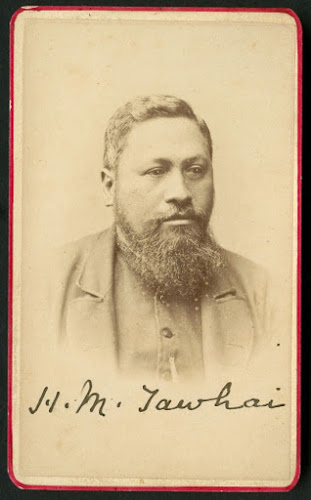Questioning the Canon: Colonial History, Counter-Memory and Youth Activism
'Questioning the Canon: Colonial History, Counter-Memory and Youth Activism', co-authored with Dr Joanna Kidman from Victoria University of Wellington, was recently published in its online version in the journal Memory Studies.
Abstract:
Social memory is inscribed by power relations that both produce and contain canonical state narratives. In settler nations, where indigenous and state relationships remain unresolved, tribal memories of violent colonial histories that are passed on to successive generations expose ‘official’ silences in foundational stories about a nation’s origins.
In this article, we examine a public debate that occurred when a group of secondary school students took a petition to the New Zealand Parliament calling for formal recognition of the difficult history of the New Zealand Wars – a series of nineteenth-century clashes between British imperial troops and their colonial allies against indigenous Māori.
Drawing on Hirsch’s concept of postmemory, we show how the young activists’ public acknowledgement of difficult histories exposed simmering tensions between competing historical narratives throwing light on how political struggles over representations of the colonial past are shaped in many settler nations.
xxxxxxx
Dr Kidman also spoke about the Otorohanga College petition that is discussed in the paper at the Te Putake o Te Riri symposium held at Te Whare Wānanga o Awanuiārangi in October 2017. A recording of her talk recently played on RNZ's Te Ahi Kaa programme. Listen here. The symposium was also livestreamed and the video recording can be viewed in full here.



Comments
Post a Comment